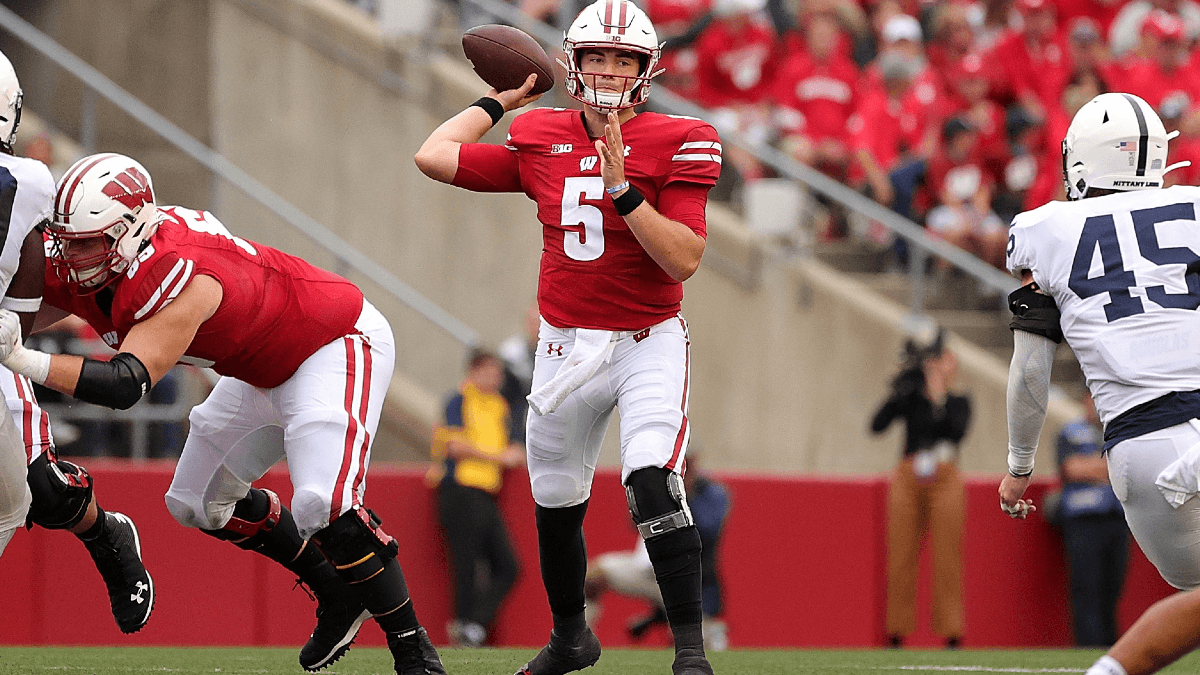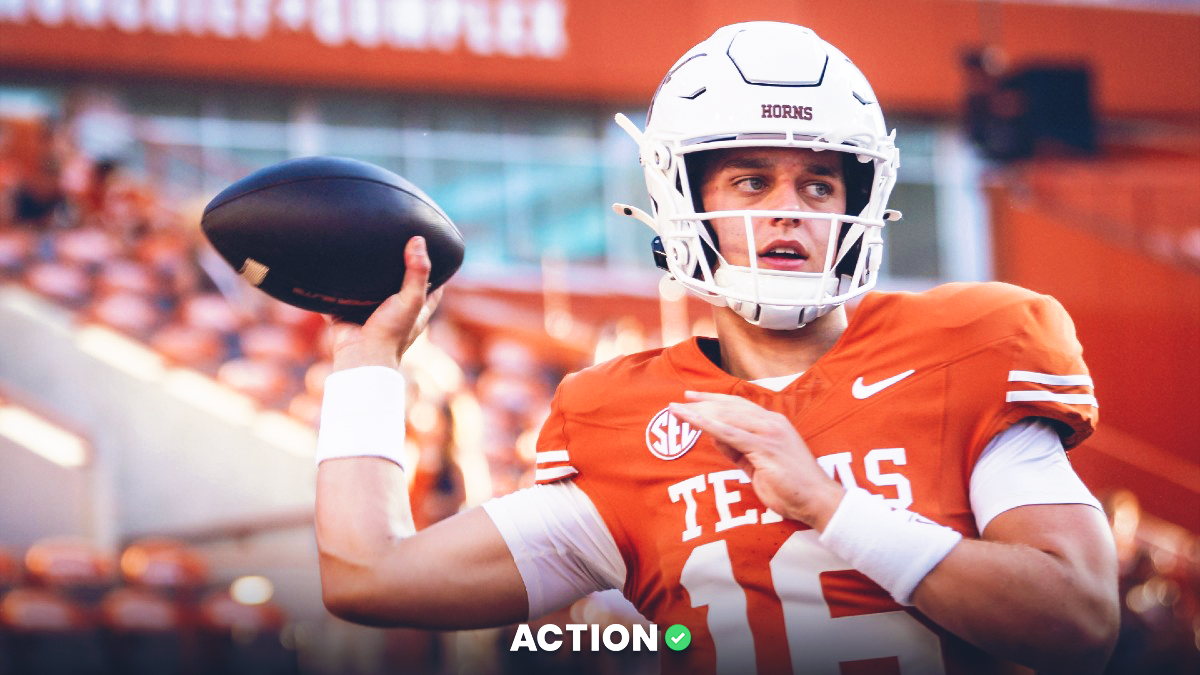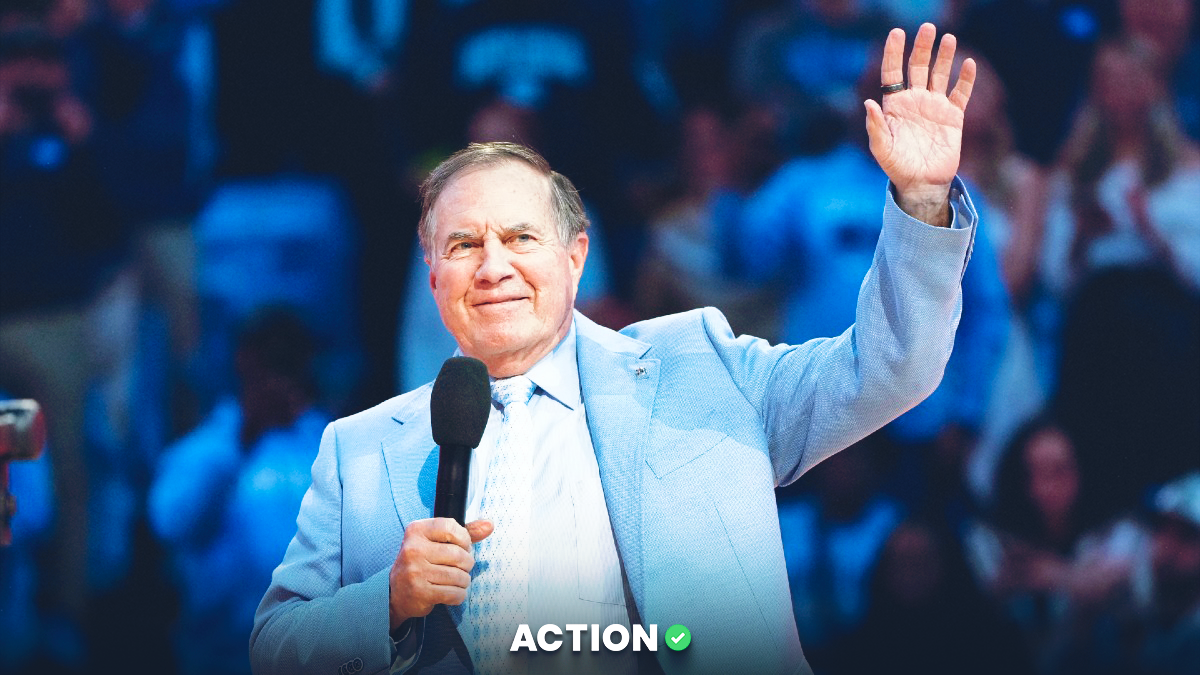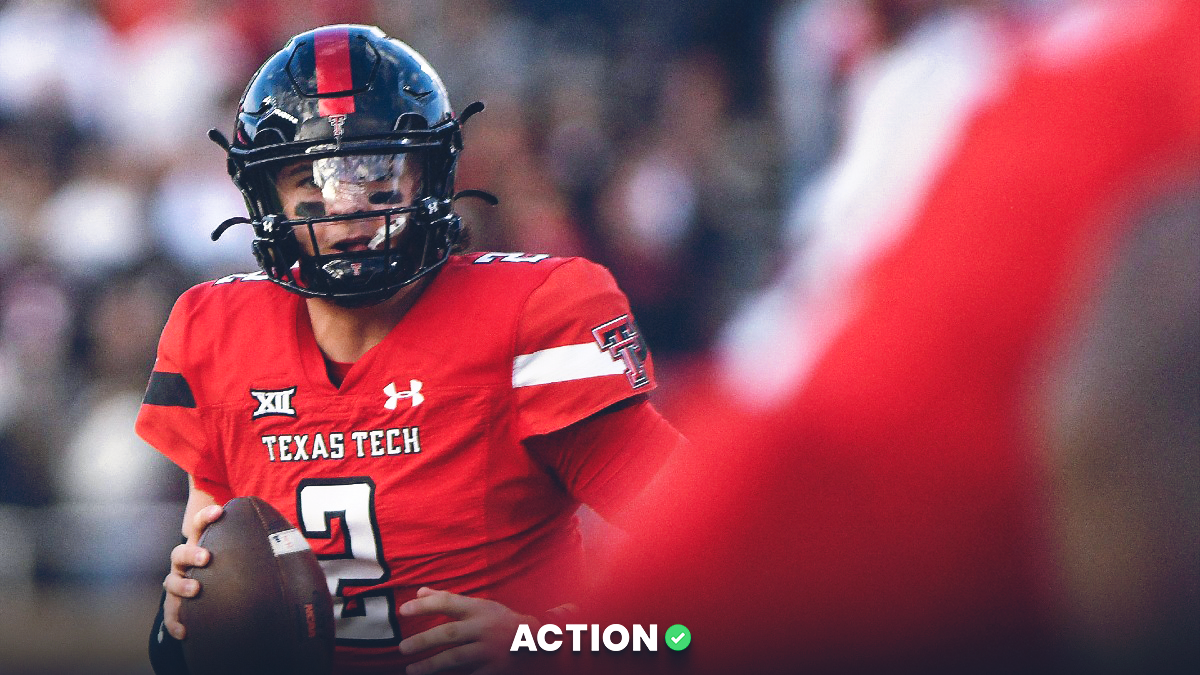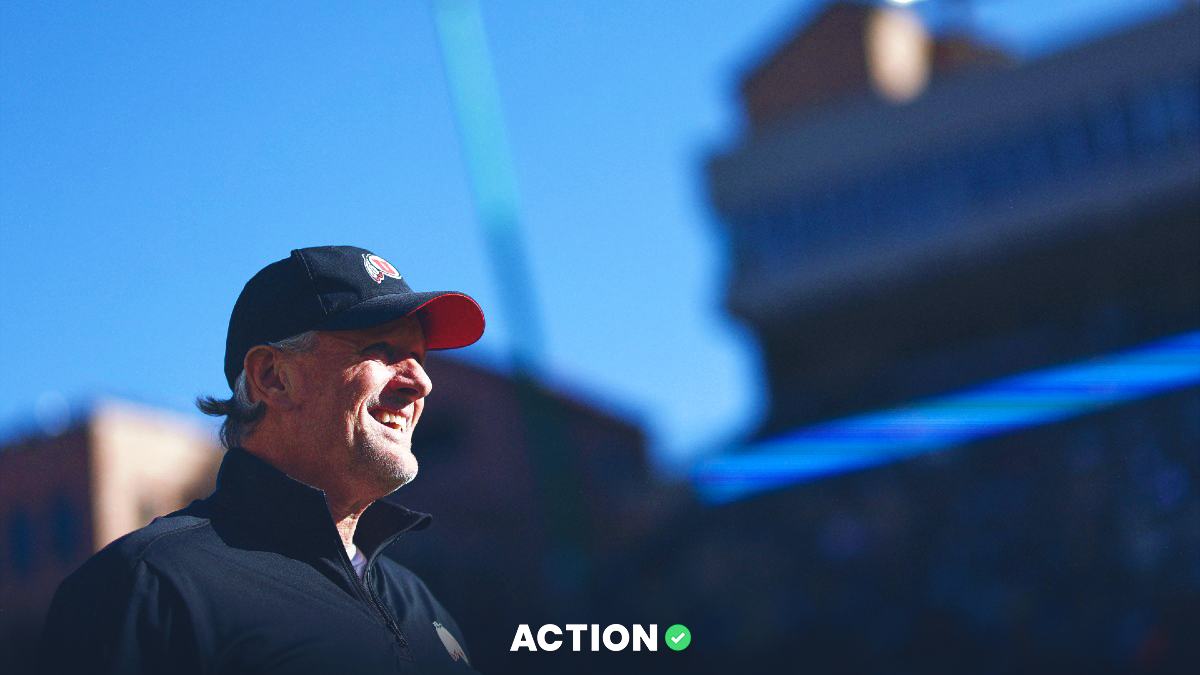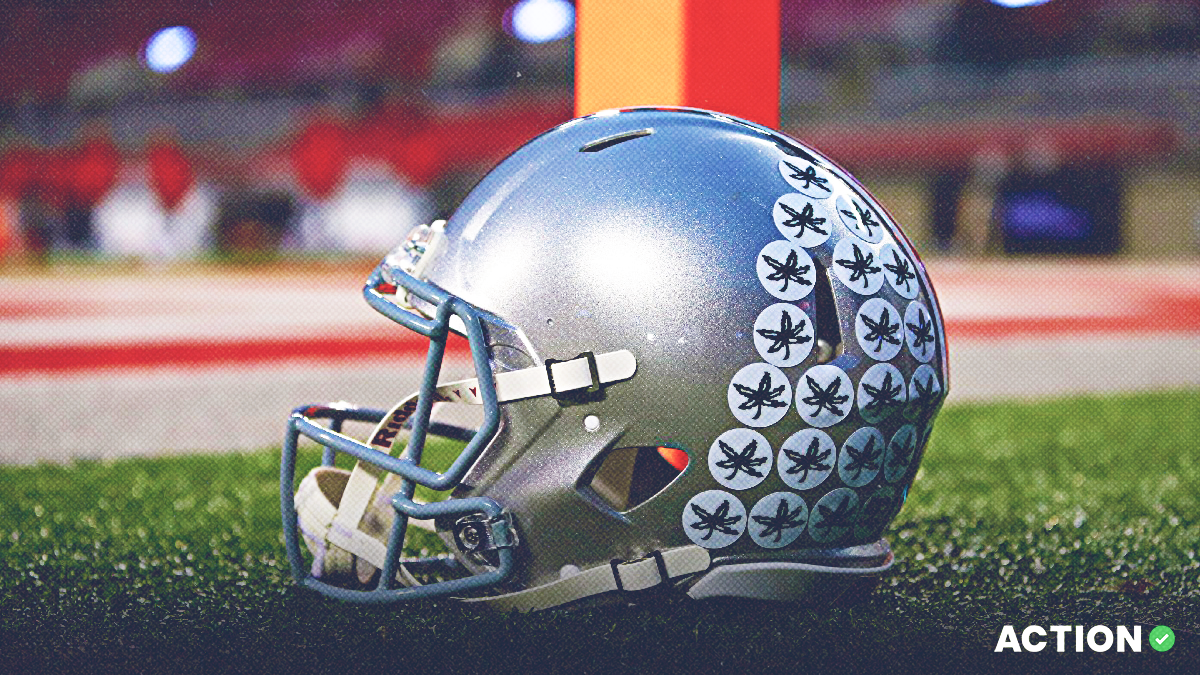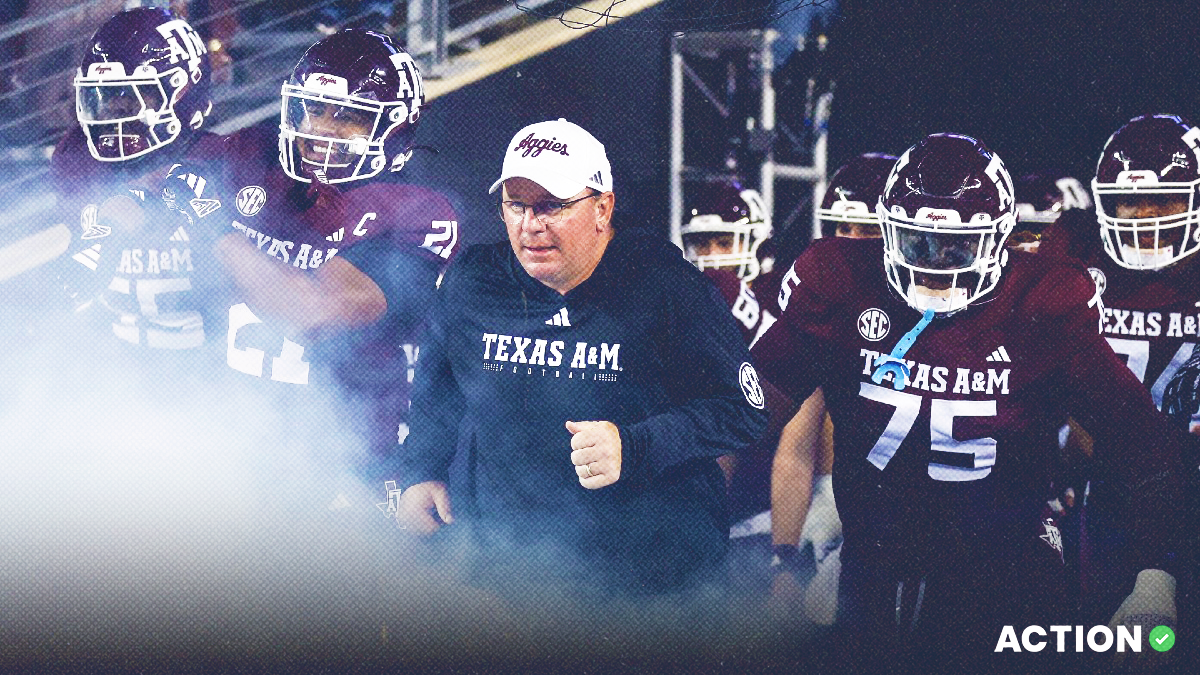Name, image and likeness was one of the hottest topics in college sports this summer. With the first full week of college football in the books, companies can begin evaluating deals and targeting players for new ones.
As NIL materialized in college sports and players were finally able to get compensated, college football quarterbacks not surprisingly leapt to the top of the heap.
Miami quarterback D’Eriq King and Florida State’s McKenzie Milton co-founded a site called Dreamfield, where companies and individuals could book appearance fees by the hour, at least initially.
King signed five deals and quickly unveiled a personal logo and merchandise. Oklahoma quarterback Spencer Rattler became the first to do a high-profile public signing, at the National Sports Collectors Convention in Chicago in late July — $150 for an autograph or a picture with him.
Georgia QB J.T Daniels signed a trading card deal with a new company; his agents believe the deal would be worth more than $1 million. Meanwhile Quinn Ewers, who graduated from his Texas high school a year early expressly to capitalize on NIL deals, signed what his agents say is a $1.4 million multi-year autograph deal with GTSM. For what it’s worth, there’s no guarantee that Ewers will ever start at Ohio State.
There’s tremendous risk for the companies, and we've already started to see examples.
Although athletes can earn royalties on licensing, which is dependent on how much they sell, much of what companies are offering to the top guys has to be guaranteed money. Why? Because, while NIL seems to be the Wild West, the one steadfast rule is that athletes cannot be compensated by performance. That means there’s no incentives for winning games or the Heisman Trophy and there aren’t any reductions if a player is benched or gets hurt.
LSU quarterback Myles Brennan broke his arm right before the season. He signed five deals, including with national brands Raising Canes and Smoothie King, and while these brands can choose not to feature him because he’s no longer relevant, they can’t reduce his pay.
While a contract can’t be affected by play, play definitely can affect a contract.
Alabama quarterback Bryce Young is more appealing this week after a thumping of Miami and Miami’s King is less desirable. It’s not likely many people in Madison are flooding the website of Graham Mertz, the first athlete to announce his own logo, after the Badgers quarterback threw for two interceptions in a loss to Penn State in the home opener.
Milton, who lost the starting job to Jordan Travis, was worth nothing until he came in and brought the Seminoles back against Notre Dame. He now likely has the starting gig wrapped up and based on the way the announcers were telling his comeback story, deals might even flow to him today.
Clemson quarterback D.J. Uiagalelei, represented by the firm owned by influencer Gary Vaynerchuk, didn’t play that well against Georgia in an opening game loss. How he plays from here might affect how often Dr Pepper runs their ad featuring him. He’s the only current college athlete to be in a national television ad.
Oregon defensive end Kayvon Thibodeaux, who has a sizeable deal with United Airlines and an NFT project with Nike co-founder Phil Knight, was taken out in the first quarter against Fresno State this week and came back out in a walking boot and street clothes. X-rays were said to be negative, but it’s unclear if he will play versus Ohio State this week, which might be the biggest game of the year for the Ducks, depending on how good UCLA is by the end of the season.
So while deals can’t be contingent on performance, expect those who start emerging to get deals as companies take flyers on their rise.
Milton will likely get many new opportunities this week, as will UCLA quarterback Zach Charbonnet, Iowa cornerback Riley Moss (had two pick sixes) and Cincinnati quarterback Desmond Ritter, whose Heisman odds were shortened from 50/1 to 20/1 this morning.


